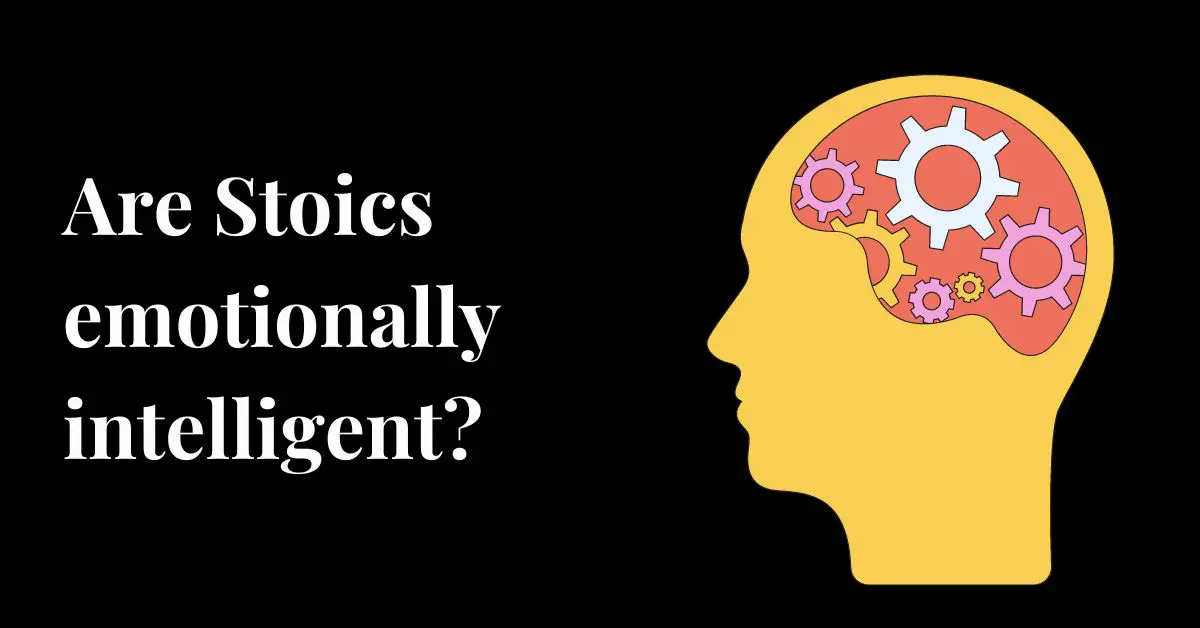Are Stoics emotionally intelligent in the face of adversity?
Emotional intelligence – our ability to recognize, understand, and manage not only our own emotions but those of others. It is an important aspect of personal and professional success, as it allows us to effectively navigate and manage social and interpersonal situations. But does this align with the ancient philosophy of Stoicism? Are Stoics emotionally intelligent? Let’s explore.
Understanding emotional intelligence
Emotional intelligence includes several components such as:
- Self-awareness – Recognising our emotions and their impact on our behavior.
- Self-regulation – Managing emotions and impulses.
- Motivation – Use these emotions to achieve goals.
- Empathy – Understanding and sharing the emotions of others.
- Social skills – Using emotions to build strong relationships with others.
Does being a stoic make us emotionally intelligent?
It depends.
One of the benefits of a Stoic approach to emotions is that it helps us develop self-discipline, which can be useful in managing emotions (self-regulation) in a constructive way. This can allow us to remain calm and composed in difficult situations, and make better decisions.
However, there are those who would argue that a key part of Stoicism is emotional restraint and apatheia (the state of being free from emotions). This approach to managing our emotions could have negative effects.
For example, it can lead to a lack of authenticity, as we may suppress our true emotions and feelings, leading to a disconnection from ourselves. Additionally, it can make it difficult for us to connect with others and understand their emotions, leading to a lack of empathy.
Emotions are a natural and vital aspect of human experience, and being aware of them is crucial for emotional intelligence. While Stoicism can aid in self-control, it should not be the sole method for developing emotional intelligence.
Alternative methods include:
- Learning about emotions and emotional intelligence through resources such as books, courses, and workshops.
- Seeking feedback from others.
- Reflecting on past experiences to understand the impact of emotions on behavior.
Conclusion
In summary, emotional intelligence is crucial for personal and professional success as it enables us to handle social and interpersonal situations effectively. While Stoicism emphasizes rationality, self-control, and emotional detachment, stoics are emotionally intelligent.
Alternative methods of learning how to manage our emotions include such as reflecting on past experiences and practicing mindfulness can also aid in developing emotional intelligence. It is important for each individual to find their own method to achieve emotional intelligence.






